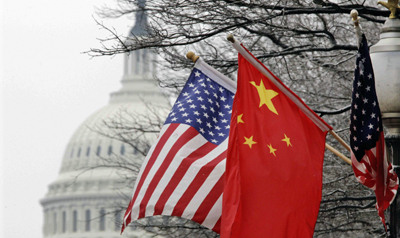In an open letter on January 11, CPJ asked U.S. President Barack Obama to raise the issue of jailed journalists with Hu Jintao while the Chinese leader is in Washington this week. They have plenty to talk about, but journalist freedom and security should be near the top of the agenda.
Year after year, China has held the dubious distinction of being the worst jailer of journalists in the world. Many recent detainees were jailed because of Internet-related activity; China has the reputation of using the most advanced techniques to monitor and quell dissent online. But it’s not just imprisonments: Two Chinese journalists died recently in circumstances that have not been fully explained.
Zhang Jianhong, a website editor sentenced to a six-year prison term in 2007, died on December 31 after suffering a debilitating, long-term disease affecting the nervous system. Zhang, founder of Aiqinghai (Aegean Sea), a popular website shut down by the government, was repeatedly refused medical parole before finally being freed in June 2010. Zhang’s illness became so severe in prison that he could not perform basic tasks on his own. The delay in his release is an ugly blot on China’s human rights record. Zhang had been jailed on antistate charges for running pieces on political reform.
Sun Hongjie, a senior reporter for the Northern Xinjiang Morning Post, died on December 28, ten days after several assailants attacked him at a Kuitun construction site. Sun apparently believed he was meeting a source there. The official police explanation is that Sun was the victim of an online social relationship that had turned sour. Yet colleagues said Sun had been working on a story about a dairy processing plant that was being torn down to make way for housing for local authorities and party members. That’s a common–and politically sensitive–story in economically dynamic China.
Recent attempts by researchers to speak with staffers at Sun’s newspaper have yielded no further information; his colleagues may have been pressed into silence. We expressed our skepticism about the official explanation in the Sun slaying, calling for an investigation by provincial or central government officials. That would address a conflict of interest at the local level, but authorities have said nothing publicly about pursuing an independent probe. The United Nations also urged further inquiry in the case: “In view of the nature of the attack, I call upon the authorities to carry out a thorough investigation into this crime and bring the perpetrators to justice,” UNESCO Director-General Irina Bokova said in a January 7 statement. If UNESCO can take China to task in the Sun murder, we think Obama can do so as well.
